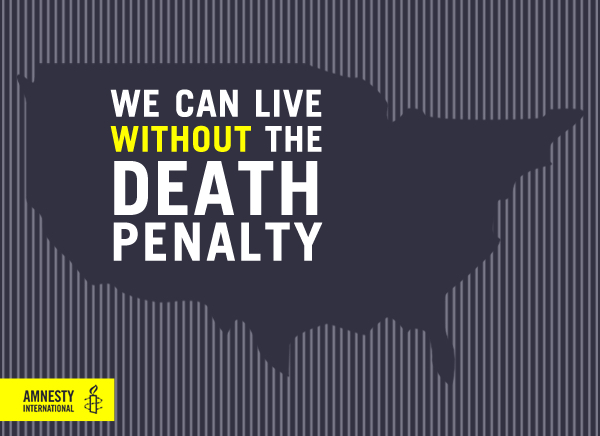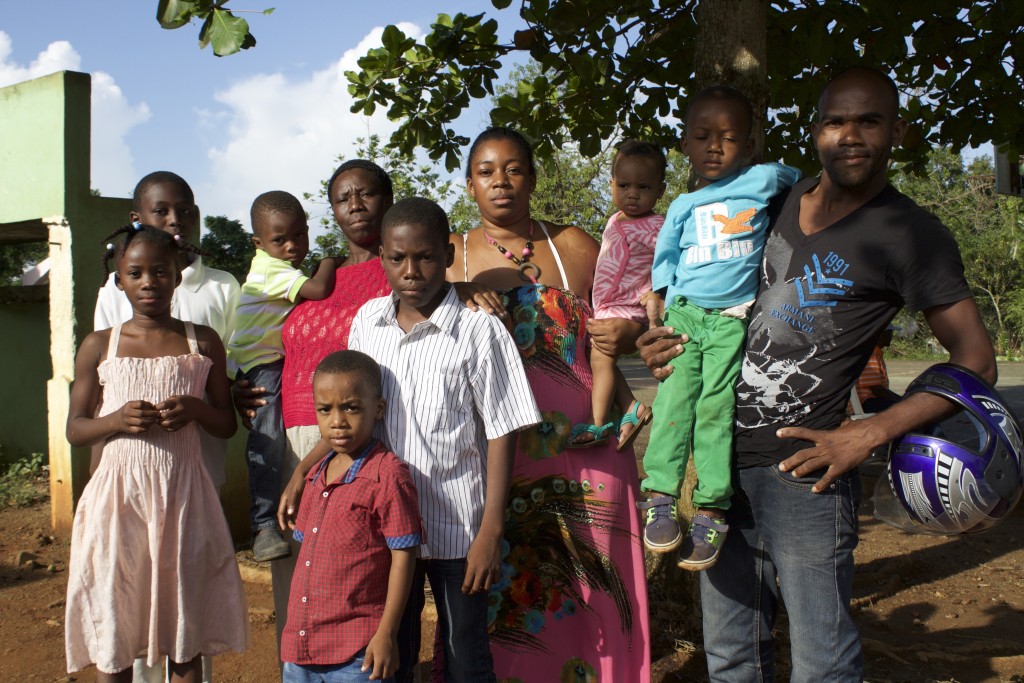
Photo: Tim Sloan/AFP/Getty Images
At the local level, Americans are demonstrating a strong commitment to advancing human rights. In recent elections, voters legalized marriage equality in nine states and passed the DREAM Act to expand educational opportunities for undocumented residents in Maryland. In addition, legislators in four states abolished the death penalty. The message to the nation’s leaders seems to be this: human rights still matter, and the task of “perfecting our union” remains incomplete.
As President Obama prepares to give his second inaugural address, he should embrace an ambitious rights agenda: enhancing our security without trampling on human rights; implementing a foreign policy that hold friends and foes alike accountable for human rights violations; and ensuring human rights for all in the United States without discrimination.
INCOMPLETE
Measured against international norms and his own aspirations, President Obama’s first term record on human rights merits an “incomplete.” While he made the bold move of issuing an executive order to close Guantánamo on his second day in office, he has yet to fulfill that promise. The U.S. government’s reliance on lethal drone strikes is growing steadily, but the administration has provided no clear legal justification for the program. Congress has abrogated its responsibility to exercise meaningful oversight of this most ubiquitous element of the “global war on terror,” a paradigm which is in and of itself problematic. Although President Obama has on occasion stood up for human rights defenders abroad — in China, Iran, Russia and Libya — his administration has often muted criticism when it comes to U.S. allies, in the Middle East, Africa and Europe.
SEE THE REST OF THIS POST



